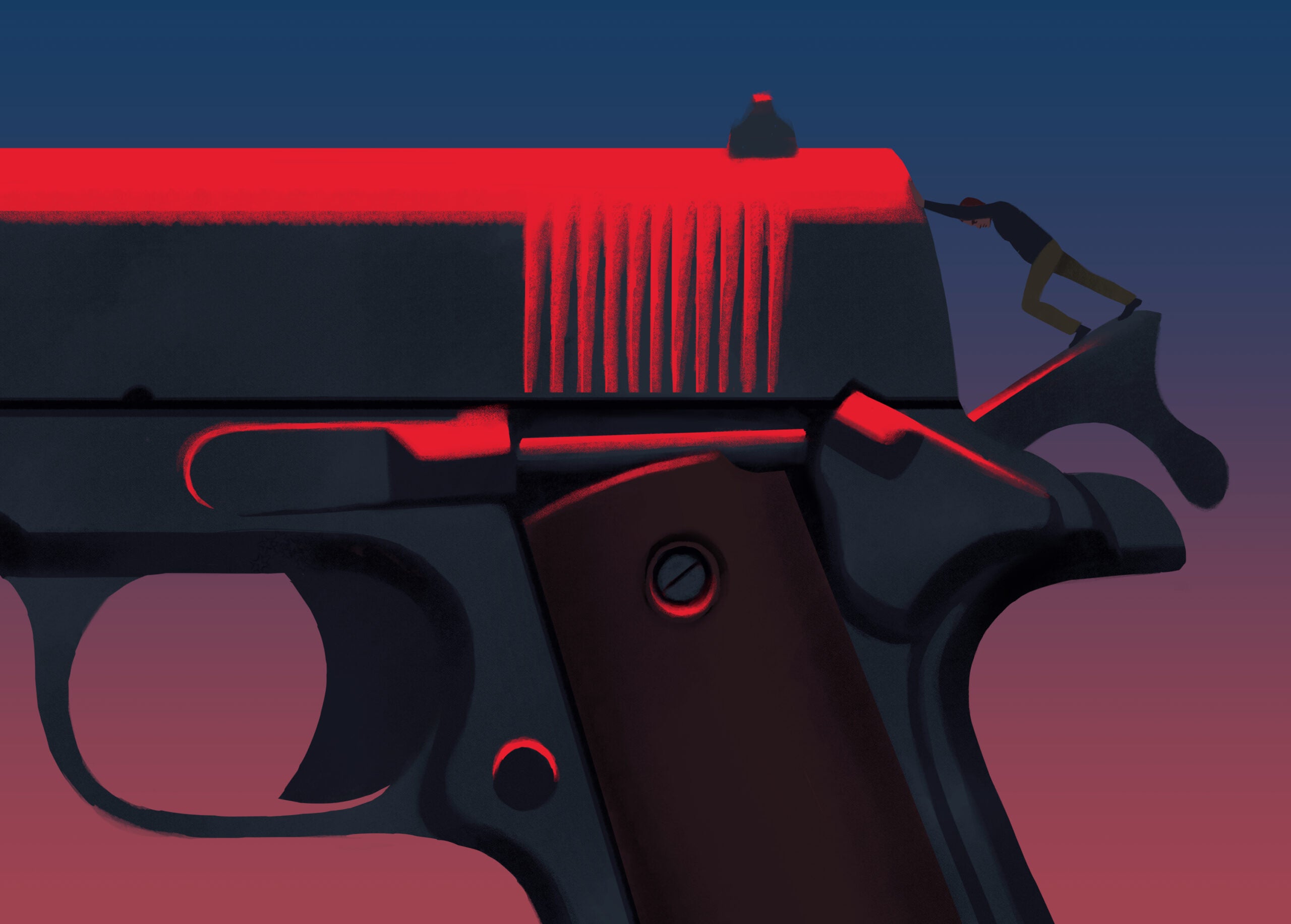We dive into the legal issues, such as attorney-client privilege,after the FBI raid of President Donald Trump’s lawyer’s home and office. Then, Graphic Medicine is an emerging field that uses comics and graphic panels to explore experiences such as illness, caregiving, and disability. We talk to a founder in the field about how comics can make health education more engaging by sharing real people’s experiences. We also find out more about what keeps Denmark citizens so content.
Featured in this Show
-
A Look At The Legal Issues Following Cohen Raid
According to President Donald Trump, “attorney-client privilege is dead!” The tweet came after the FBI raided the home and office of Trump’s personal attorney, Michael Cohen. We discuss the legal issues surrounding the move.
-
For 1 Nurse, Comics Are Communication
In the mid-1990s, MK Czerwiec was working as a nurse in the HIV/AIDS unit at Illinois Masonic Medical Center in Chicago.
AIDS medications weren’t as advanced back then, so it was a grim place. There wasn’t a lot of good news to give.
Czerwiec struggled to balance that difficult world with the world outside the hospital, where the outcome wasn’t always bad. That’s when she found herself drawing her first comic, panel by panel.
“And nine panels later, I found myself in a place of hope and perspective,” she said. “And I felt ready to go on and take on the next day’s challenges at work.”

Drawing by MK Czerwiec. Excerpted from her book, “Taking Turns: Stories from HIV/AIDS Care Unit 371,” courtesy of Penn State University Press.That idea that comics can be a tool in medicine is something Czerwiec has carried with her ever since. Known as the Comic Nurse, Czerwiec is passionate about the practice of “graphic medicine,” an entire field based on that concept.
Today, she practices that by traveling and giving lectures — she spoke last week at the University of Wisconsin-Madison — and also through the class she teaches at Northwestern Medical School.
Her students are first- and second-year medical students. Czerwiec often has them draw about the process of becoming a doctor and about the relationships they’re learning to have with their patients.
“One of the really interesting conventions that comics bring, that I found in my teaching, is the power of the speech bubble and the thought bubble,” Czerwiec said. “… You have the opportunity to show what the person is saying and what they’re thinking. Which really shows what they’re worried about, what they’re not saying, right?”
One comic on her website demonstrates this. It depicts a father and his adult daughter having lunch. They’re interrupted by a friend, who shares bad news about a family member.
It gets the daughter thinking. What if something happened to her father? What would his wishes be?
Much of the comic is told in thought bubbles or conversations with others. Czerwiec wanted to show that it’s a hard conversation to have.
“To acknowledge that the person that you love most in the world is going to die, and talk about what their hopes and dreams are for what that’s going to be like,” she said. “We don’t like to talk about that. And so I made that comic as a way to sort of model another way of approaching it.”
She said it’s part of a larger project, hoping that comics can have a role in approaching those conversations. She said comics can be a great way to process information because of the physical interaction we have with them.
Though comics were once thought of as “for kids,” they can be effective educational resources, Czerwiec said. That’s especially true for situations where there’s a lot of information, where it’s important that an individual learn the information, and they’re under a lot of stress.
She said there are hundreds of health-centered graphic novels that explore that concept.
“So think about getting a diagnosis or even being in medical school or nursing school,” she said. “Those are situations where, yeah, it helps a lot to have an easily accessible medium.”
-
Meet The Nurse Who Wants To Make Us Healthier…Through Comics
When it comes to talking about our health – whether it be illness, disability, or even the prospect of death – things aren’t always easy…even for those who make a living in the medical field. Is there a better way? One nurse has turned to comics as a way to improve health communication, amplify voices of patients and families, and reflect on our own health. She joins us to talk about the field of ‘graphic medicine.’
-
Want To Be Happier? Try A Little Hygge
Denmark has consistently been ranked as one of the happiest countries in the world, but our guest says it’s not because of its stable government, low levels of corruption or quality health care. Rather, it’s about a way of life known as hygge – or “cozy,” as it’s often translated. She explains what it entails and how we can practice it to be happier people.
Episode Credits
- Rob Ferrett Host
- Bill Martens Producer
- Chris Malina Producer
- Harry Litman Guest
- MK Czerwiec Guest
- Marie Helweg-Larsen Guest
Wisconsin Public Radio, © Copyright 2025, Board of Regents of the University of Wisconsin System and Wisconsin Educational Communications Board.


